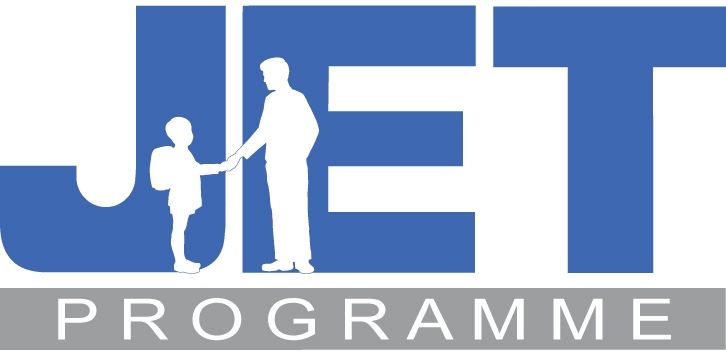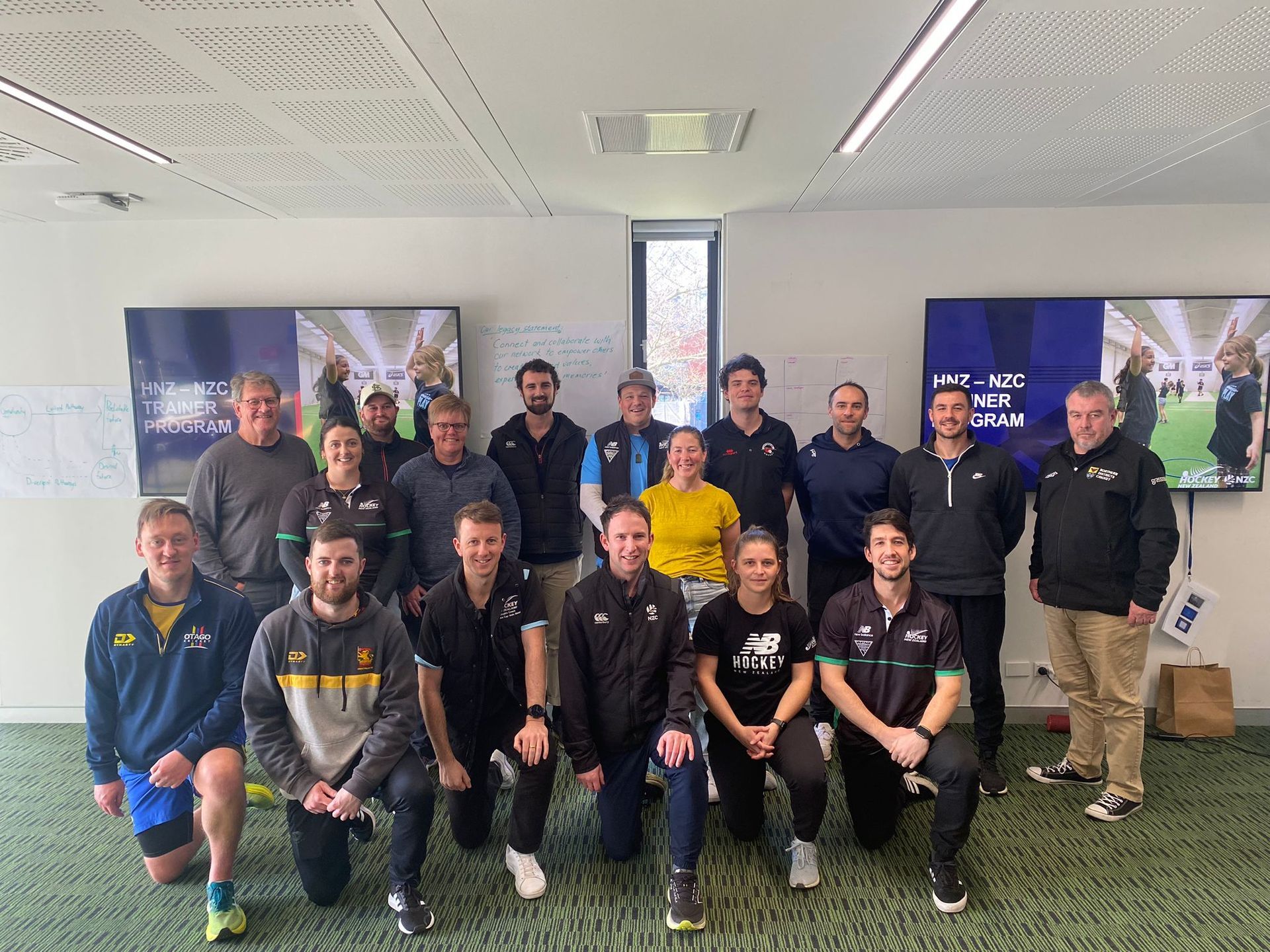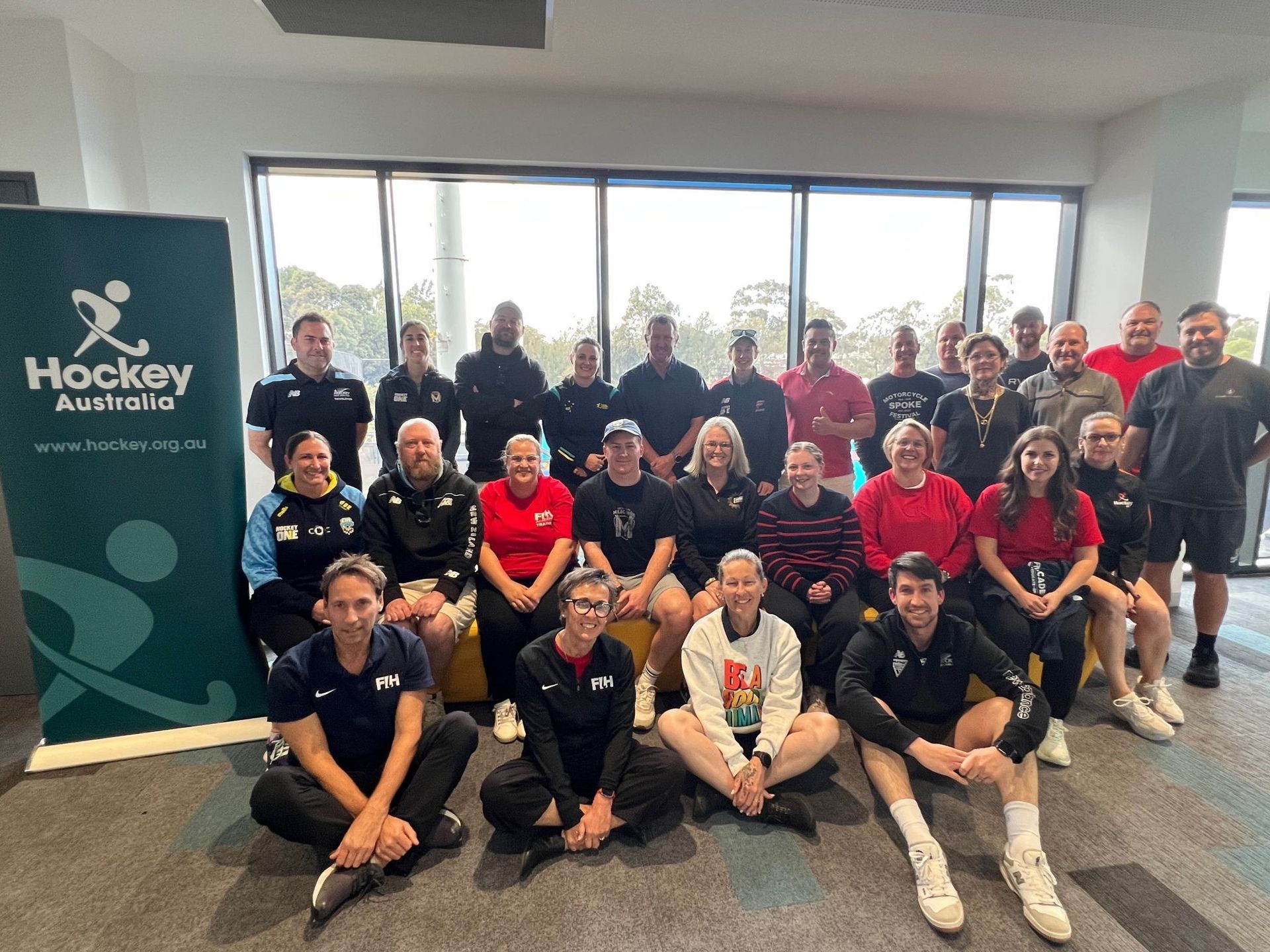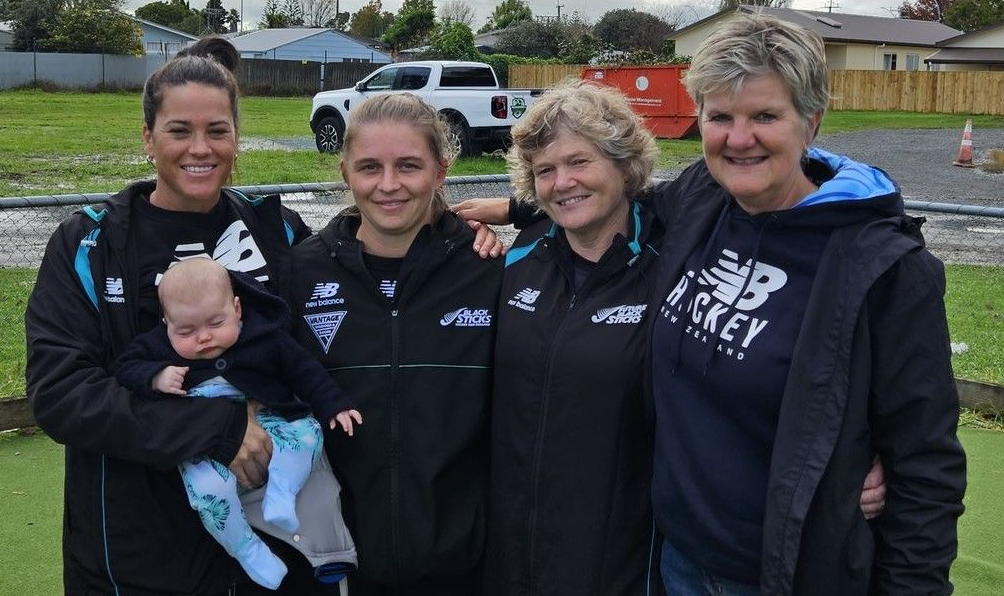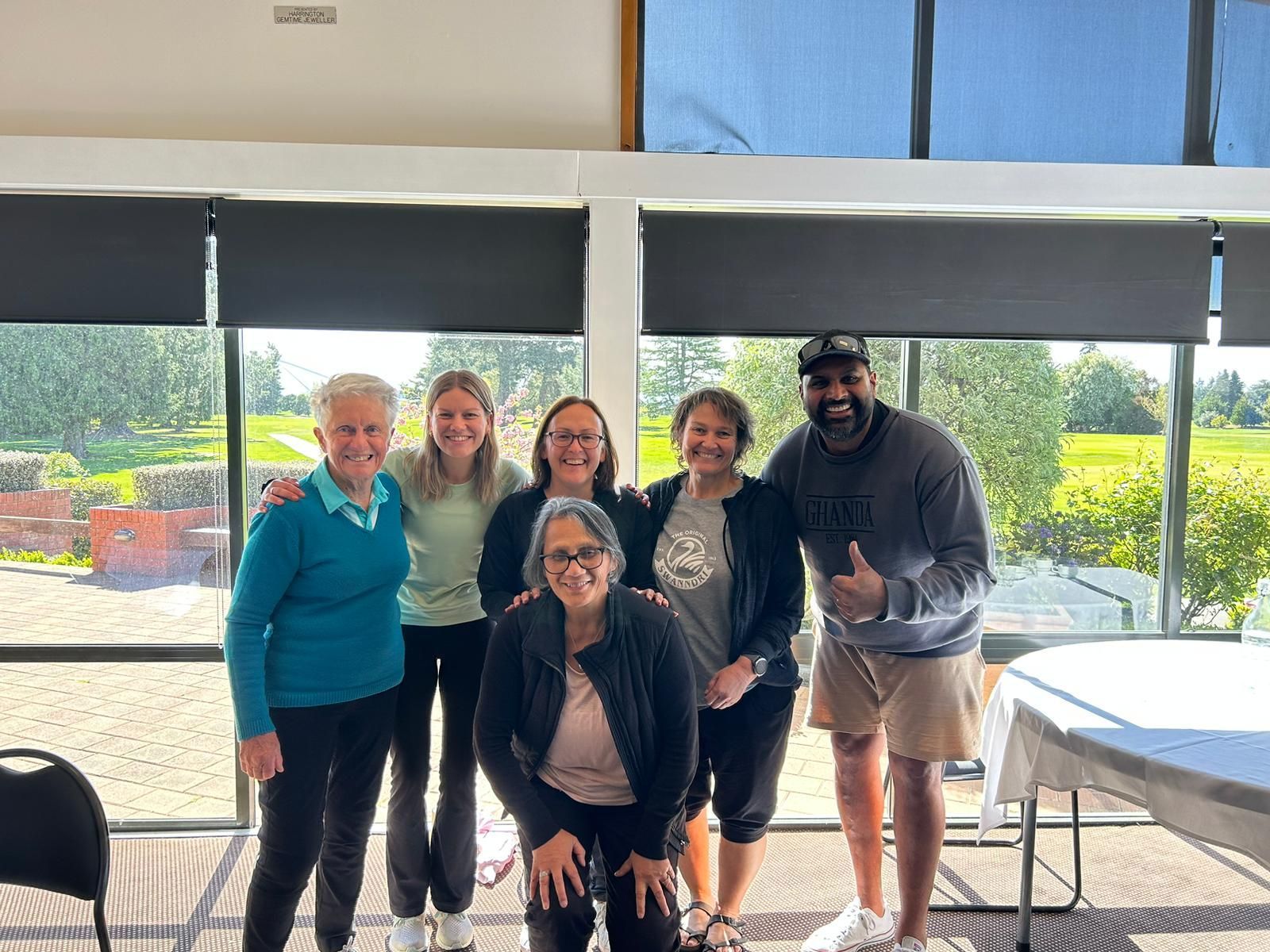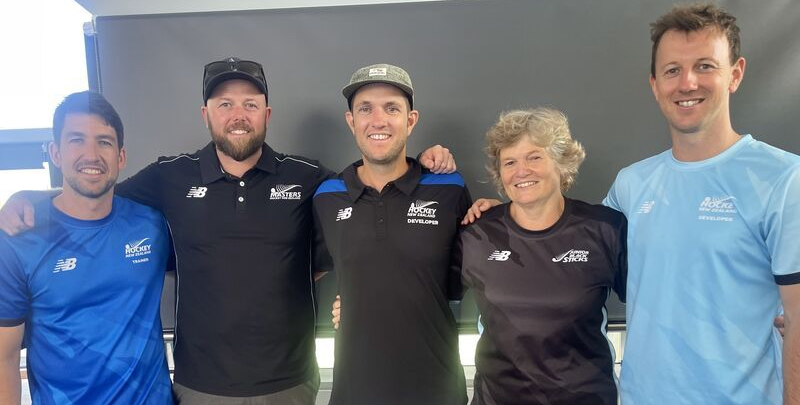Reflection through Different Lenses
In a time when things are a little unpredictable, we may find ourselves with more time off the pitch then on the pitch. I thought this may be an ideal opportunity to share some thoughts around Critical Reflection.
When we talk about learning you always hear about the importance of Reflection. But I rarely hear people talk about how you go about reflecting.
There is a Reflection Model I was recently introduced to, that I found captured a clear and effective process for supporting critical reflection.
The Brookfield Model of Reflection was developed initially to support teachers to critically reflect. It focuses on capturing information from different perspectives, or lenses, to support teachers to reflect. With a few minor tweaks, I found this model to be applicable to Coaches.
Here are my thoughts on understanding and applying the Brookfield Model of Reflection to Coaching.
The model works by capturing information across four different lenses to gain insights from different perspectives. The multiple lenses allow our assumptions to be challenged or confirmed, and to reach a deeper awareness of how our coaching is received and understood. It is then up to the coach to use this information to support their on-going learning.
The model identifies four different lenses: self, students (players), peers (coaches) and literature. Below are some thoughts on each Lens. Consider which Lens or Lenses you already have in place, and which ones you may be able to explore further, to support your critical reflection process.
Auto-Biographical Lens: Self
Take the time to understand yourself. Coaches need to look at the experiences throughout their lives and understand how this has shaped them. Many may refer to this as core beliefs, or mental models, the things that underpin who we are and how we act. This is where you may reveal assumptions or biases you have.
The Students Eyes: Player Feedback
Feedback doesn’t have to be a survey! Players can provide feedback in multiple ways, do they keep coming back every year to play, do they apply the learning from training to games, these are both types of feedback. Now this doesn’t mean you can’t use a survey, just make sure you aren’t missing out on capturing feedback that may be right in front of you. Discussions with players during or after training or games, as well as game or season debriefs, are more examples of capturing player feedback.
Our Colleagues Experience: Peer Assessment
Working with your peers is powerful. Fellow coaches can provide you with their observations, and share their experience and advice. Take the time to chat with other coaches, share observations and bounce ideas around. There is a common theme on our feedback forms after coaching workshops, that coaches valued the informal discussions with their fellow coaches – so why don’t we do more of this?
Engagement with Scholarly Literature: Education
What new knowledge have you explored? For coaching, I personally identified this lens to be a deliberate approach to growing knowledge. I use the word deliberate as there is a lot of information at our fingertips and it’s about knowing what you want to narrow in on. I also believe this extends beyond scholarly journals, capturing books, podcasts, webinars, and workshops, obviously checking they are delivered by reputable sources. I would encourage coaches to think outside the square, although its great to hear about team building from an International Hockey Coach, but don’t forget about the opportunity to learn about culture from another code or sector.
Reflection is no doubt an important part of the learning process. Many coaches can get caught going from game to game, season to season, and stumbling across some learning, and typically coaching as they have always coached.
If ever there was a silver bullet to learning, I think reflection would be it.
Information from this article was sourced from the summary document on Brookfield's Four Lenses: Becoming a Critically Reflective Teacher (Brookfield, 1995), Prepared by Ben Miller for the Faculty of Arts Teaching and Learning Committee, The University of Sydney, March 2010. This document is available by clicking here https://valenciacollege.edu/faculty/development/courses-resources/documents/brookfield_summary.pdf

